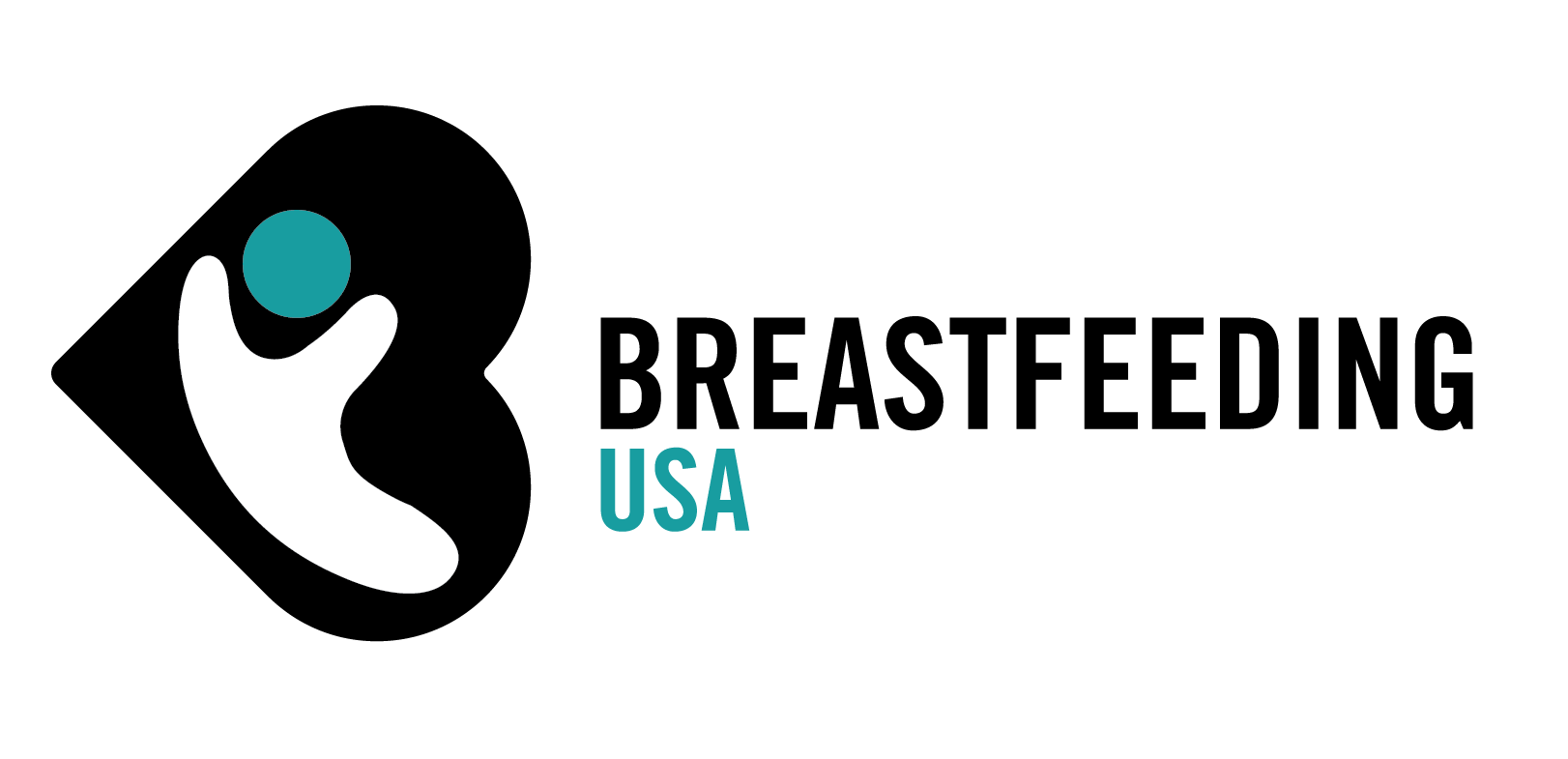By Christy Sharer LPC, NCC

The transition to parenthood can be an exciting and joyful time, as well as a stressful one with many challenges and sometimes limited support for new parents. Even seasoned parents can struggle with the addition of a new baby in the home. A new baby can bring changes in the spousal relationship, a shifting of focus from the birthing parent during pregnancy to the new baby after the birth, and limited sleep. Sometimes these challenges can cause caregivers to experience mental health struggles. The term, “mental health,” describes the thoughts, emotions, and perceptions that we all experience. Our mental health may suffer at times, just as our physical health can.
The birthing parent may experience what is considered to be “baby blues” which can include:
- rapid or abrupt changes in mood, including anxiety and/or sadness
- difficulty concentrating
- fatigue or insomnia
- irritability
These changes may be a result of hormonal and physical changes that occur during the end of pregnancy and during labor and delivery. These symptoms may occur a few days following birth and may persist for a few days. If they continue longer than two weeks, this may indicate the presence of postpartum depression or anxiety. Caregivers or new parents who have not given birth may also experience similar difficulties adjusting to this major life event, though not technically referred to as the “baby blues.” Managing these symptoms may be challenging due to lack of sleep, but it is important to get time to rest, as well as emotional and physical support with caring for the new baby. Friends and family members can be helpful by completing tasks, such as household chores, making meals and bringing snacks, listening to concerns, watching older siblings, and providing a quiet and peaceful environment for the parents and new baby to bond with each other.
Baby Blues vs Postpartum Depression or Anxiety
Parents who are experiencing “baby blues” that continue for longer than two weeks may exhibit the symptoms of postpartum depression which include:
- an inability or lack of interest to care for herself (such as not showering or eating properly when given the opportunity)
- little desire to get out of bed
- a sense of not being connected with baby
- limited or no interest in connecting with baby or spouse and family
- overwhelming feelings of guilt
When parents who have not given birth experience these symptoms, it is referred to as postnatal depression.
Postpartum or postnatal anxiety includes persistent fears or thoughts that are difficult to get rid of or interfere with daily functioning. Such fears or thoughts may include:
- dropping or accidentally hurting the baby
- something bad happening to the baby
- physical concerns about the baby that are exaggerated or potentially unfounded
- excessive worries about being a bad mother or excessive feelings of guilt
The symptoms of depression and anxiety tend to be longer lasting and more severe, as compared with “baby blues” which are more temporary. In rare cases, untreated mental health disorders can lead to an episode of psychosis, or a break with reality, which can cause risky behaviors that can result in harm to self or others.
Risk Factors
There are a few factors that may lead to an increased risk of experiencing an episode of
postpartum depression or anxiety, including:
- previous experiences of depression or anxiety at any point during the lifetime, especially during pregnancy or following a past pregnancy
- challenges with conceiving, during the pregnancy, or during the birth experience
- giving birth to multiples
- limited social and/or emotional support
Treatment Options
The experience of struggling with an episode of a mental health disorder can be overwhelming, especially while caring for a new baby. Many caregivers may feel ashamed and blame themselves, but postnatal depression and anxiety are not an indication of parenting skills. There is hope for parents who may be struggling with their mental health and for those experiencing postnatal depression or anxiety, as there are many effective treatment options available. It is very important to access help with managing these challenges and to receive treatment, in addition to ruling out any potentially underlying medical conditions, such as thyroid disorders.
Treatment interventions may include: individual therapy; lifestyle changes such as diet and exercise, yoga, or mindfulness; building up emotional and social support networks; and medication.
Some breastfeeding parents may worry that they will have to stop breastfeeding if they are receiving treatment, but most of these options would not require any changes to a breastfeeding relationship.There are medications that are compatible with breastfeeding, so it is important to explore and discuss treatment options with a trusted medical provider in order to choose the one that is the best fit.
Impact on Breastfeeding
We know that early experiences with breastfeeding can impact its duration over time and a parent’s perception of breastfeeding. Challenges with latch, positioning, tongue ties, or medical issues can be frustrating, especially when parents are also experiencing the period of “baby blues” or postnatal depression or anxiety. Early intervention and support are keys to achieving breastfeeding goals and continuing breastfeeding relationships. Breastfeeding can be a source of pride and joy, even for those who have experienced mental health struggles.
Parents who are experiencing depression or anxiety may have more difficulty responding to their babies’ cues and, in response, babies may be able to sense their caregivers’ stress. This can cause feedings to become stressful events, rather than the calm and relaxing time for bonding that is the ideal. For some, stress can have an impact on milk production. In this way, breastfeeding can become another source of anxiety or sadness if there are challenges or unexpected obstacles. Parents who are experiencing anxiety or depression may become confused about whether or not it’s best to continue breastfeeding and may feel pressured or forced to stop breastfeeding, which in turn could add to anxiety and depression.
It is important for parents to find a place where they feel supported and empowered to make the decisions they believe are best for them and their babies. With proper treatment and support from medical providers, family and friends, and from community resources such as Breastfeeding USA, parents who experience depression and anxiety can go on to have enjoyable breastfeeding relationships with their children. With support from a Breastfeeding USA Counselor or an International Board Certified Lactation Consultant (IBCLC), parents can receive the education and encouragement they need in order to feel more confident about breastfeeding. Peer support groups can also help parents build up their support networks and meet other parents who have experienced similar struggles.
Resources:
American Psychological Association “Postpartum depression: Causes, Symptoms, Risk Factors, and Treatment Options”
Mayo Clinic Staff “Diseases and Conditions: Postpartum Depression”
National Institute of Mental Health “Perinatal Depression”
Postpartum Progress “The Symptoms of Postpartum Depression & Anxiety (in Plain Mama English)”
Christy Sharer LPC, NCC
Christy Sharer, LPC, NCC is a Licensed Professional Counselor with a clinical interest in maternal mental health. She is also a Breastfeeding USA Counselor in Central Pennsylvania.
© Breastfeeding USA 2016, all rights are reserved.
